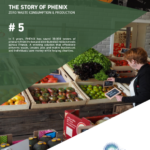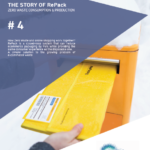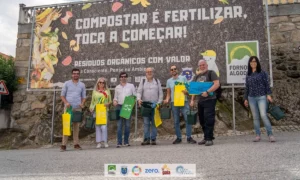Looking for a summer read?
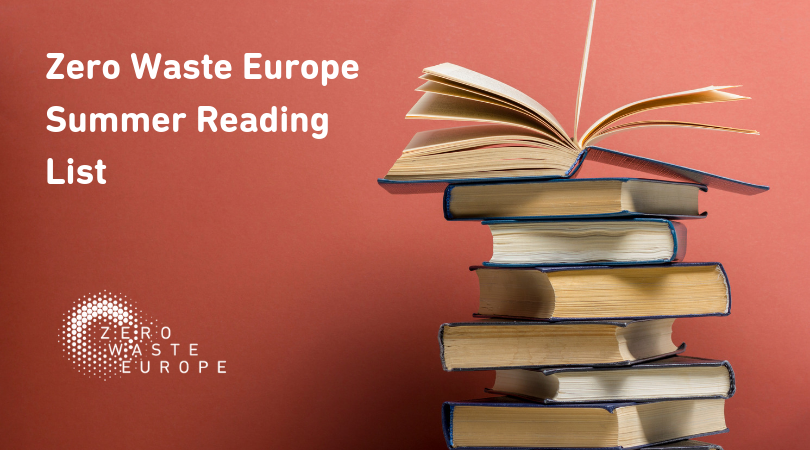
Summer is the perfect time to relax and catch up on those important issues that you hadn’t been able to find the time for… yet! Thus, to help you get up to speed, we have summed up our main publications from the latest six months, providing you with a fresh recap of our most recent steps on the journey towards zero waste.
2019 started on a low note with the sad story of the hidden costs of incineration. While some islands continue to set ambitious waste reduction and recycling targets, waste incineration can slow them down. This is exactly what happened with the WTE plants in Madeira and Azores. As the two incinerators needed a constant input of waste in order to function, the regions had to burn most of their municipal solid waste, proving how incineration can turn island zero waste dreams into a waste management nightmare. Discover more in our Case Study.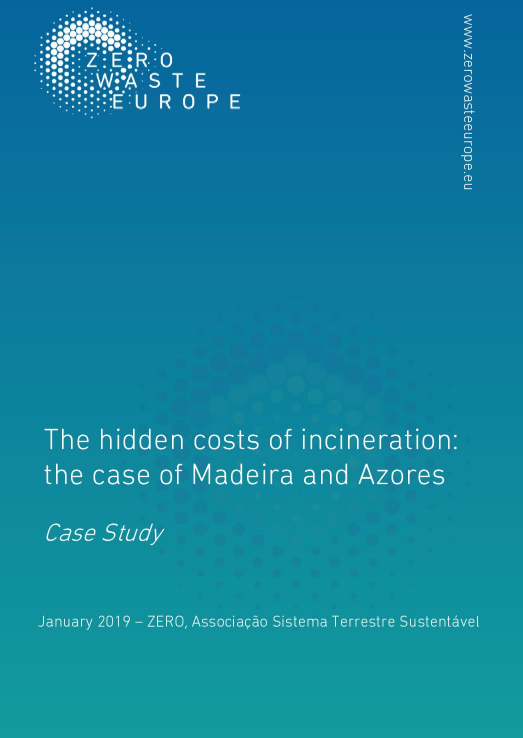 In February, with the update of the European Commission’s Waste Framework Directive, the Commission established a new and wider definition of food waste. In response, we released a Policy Briefing with our recipe for food waste prevention: a clear strategy to tackle food waste that takes into consideration each step of the food chain, from crop to compost, thanks to a new and unique waste hierarchy.
In February, with the update of the European Commission’s Waste Framework Directive, the Commission established a new and wider definition of food waste. In response, we released a Policy Briefing with our recipe for food waste prevention: a clear strategy to tackle food waste that takes into consideration each step of the food chain, from crop to compost, thanks to a new and unique waste hierarchy. 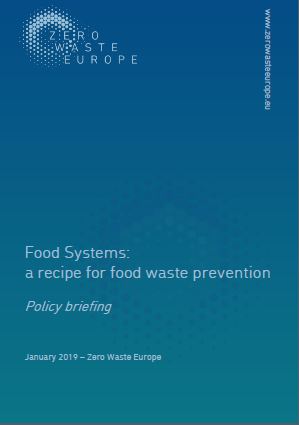 At the same time, the first months of 2019 also brought us to reflect more on the products we use in our daily lives. As we want them to be long-lasting, repairable, recyclable and toxic-free; we called European policy-makers to rethink EU product policy and improve product design with circularity in mind. Read the Policy Briefing with our repair instructions for a truly circular economy.
At the same time, the first months of 2019 also brought us to reflect more on the products we use in our daily lives. As we want them to be long-lasting, repairable, recyclable and toxic-free; we called European policy-makers to rethink EU product policy and improve product design with circularity in mind. Read the Policy Briefing with our repair instructions for a truly circular economy.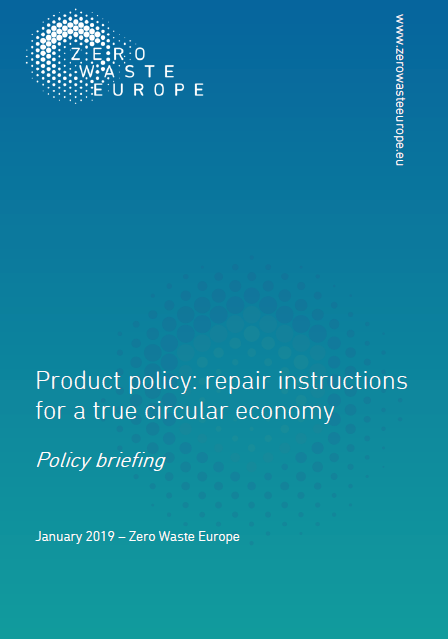 In March, we collaborated with Eunomia to release a report which assessed the residual waste treatment capacity of fourteen countries at risk of missing the 2020 targets for reuse and recycling. The report showed that countries that haven’t overinvested in residual waste treatment, have a unique opportunity to raise the ambition of reuse and recycling beyond their circular economy targets. The publication includes recommendations to develop their waste management systems in line with a circular economy. Read on.
In March, we collaborated with Eunomia to release a report which assessed the residual waste treatment capacity of fourteen countries at risk of missing the 2020 targets for reuse and recycling. The report showed that countries that haven’t overinvested in residual waste treatment, have a unique opportunity to raise the ambition of reuse and recycling beyond their circular economy targets. The publication includes recommendations to develop their waste management systems in line with a circular economy. Read on.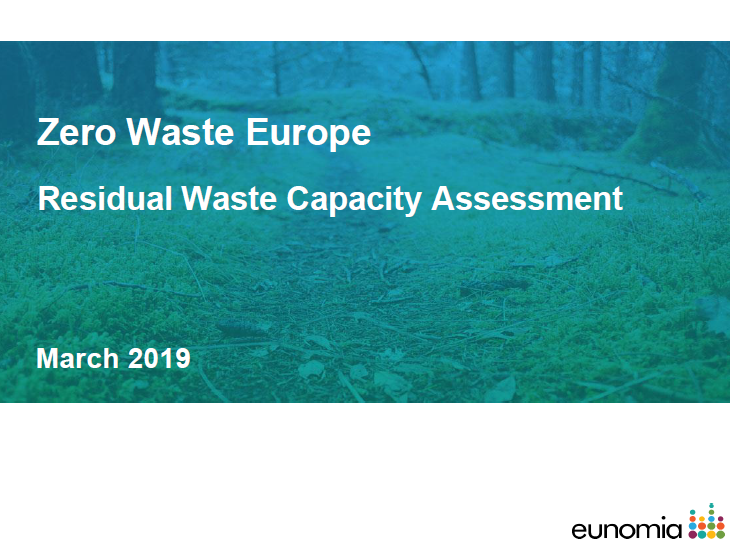 By the same token, one month later, we delved more into the details with a study which looked to identify how to measure waste prevention and what the most useful policies to minimise waste generation in different sectors were (see here for the full study). Further, we also called on the European Parliament to ensure that EU funding leapfrogs fossil fuel use to renewable energy and energy savings.
By the same token, one month later, we delved more into the details with a study which looked to identify how to measure waste prevention and what the most useful policies to minimise waste generation in different sectors were (see here for the full study). Further, we also called on the European Parliament to ensure that EU funding leapfrogs fossil fuel use to renewable energy and energy savings.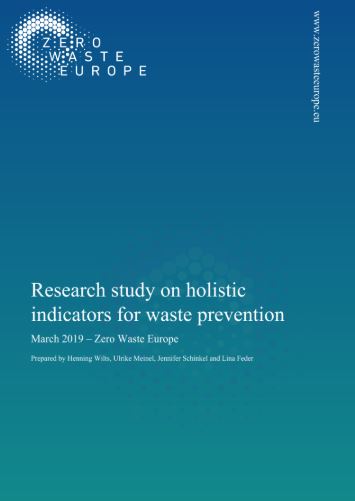 The early part of 2019, also saw the release of our first Practical Guide. Indeed, we published the latest Fertile Auro’s Community Composting guide which compiled data, regulatory frameworks and challenges of existing community composting sites with the aim of fostering good practices and suggesting future implementations (download the guide).
The early part of 2019, also saw the release of our first Practical Guide. Indeed, we published the latest Fertile Auro’s Community Composting guide which compiled data, regulatory frameworks and challenges of existing community composting sites with the aim of fostering good practices and suggesting future implementations (download the guide).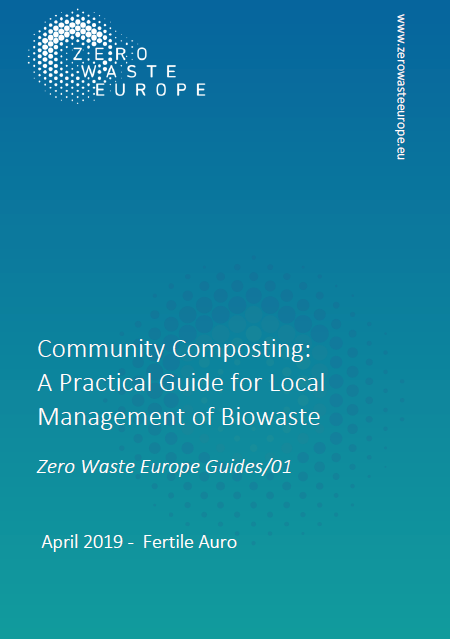 We also published the 4th and 5th chapters of our new series of case studies, “Zero Waste Consumption & Production”; where Zero Waste Europe showcases change-making initiatives from cities, companies and individuals that are challenging and transforming current business models towards a more sustainable use of resources. Indeed, the story of Repack tells us how zero waste and online shopping could work together. Repack is a closed-loop system that can reduce e-commerce packaging by 96% while providing the same consumer experience as a disposable one. Likewise, the story of PHENIX reports how in 5 years, PHENIX saved 30,000 tonnes of food products and distributed 60 million meals across France, proving that it is possible to track food waste reduction efforts, hence making food waste reduction targets enforceable.
We also published the 4th and 5th chapters of our new series of case studies, “Zero Waste Consumption & Production”; where Zero Waste Europe showcases change-making initiatives from cities, companies and individuals that are challenging and transforming current business models towards a more sustainable use of resources. Indeed, the story of Repack tells us how zero waste and online shopping could work together. Repack is a closed-loop system that can reduce e-commerce packaging by 96% while providing the same consumer experience as a disposable one. Likewise, the story of PHENIX reports how in 5 years, PHENIX saved 30,000 tonnes of food products and distributed 60 million meals across France, proving that it is possible to track food waste reduction efforts, hence making food waste reduction targets enforceable.
To conclude, from a policy perspective, the semester ended with two victories.
In May, the EU formally approved a pioneer legislation to curb single-use plastics, and no, it is not just about banning straws. Our Production and Consumption campaigner Larissa Copello wrote a paper with an overview of the Directive with all our recommendations for effective implementation at the national level.  Then, in June the EU revised its Renewable Energy Directive (RED) to set a common framework for the promotion of energy from renewable sources. As a result, we released a document to provide a methodology to guide Member States in implementing it in alignment with the circular economy.
Then, in June the EU revised its Renewable Energy Directive (RED) to set a common framework for the promotion of energy from renewable sources. As a result, we released a document to provide a methodology to guide Member States in implementing it in alignment with the circular economy.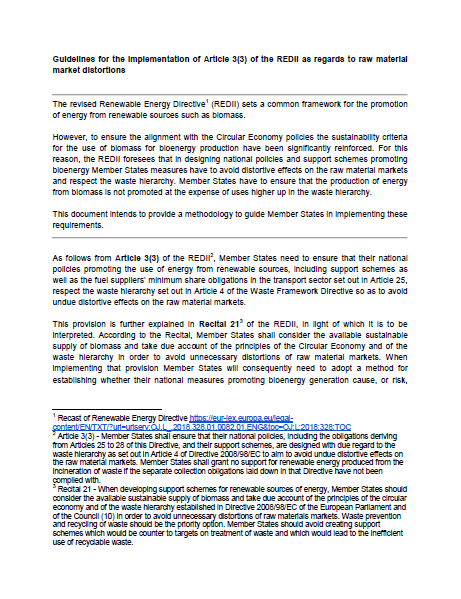 Now you are all caught up and ready for September… don’t forget to sign up to our monthly newsletter to keep up to date with our future publications and useful recaps!
Now you are all caught up and ready for September… don’t forget to sign up to our monthly newsletter to keep up to date with our future publications and useful recaps!
